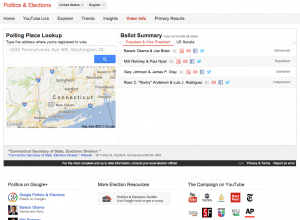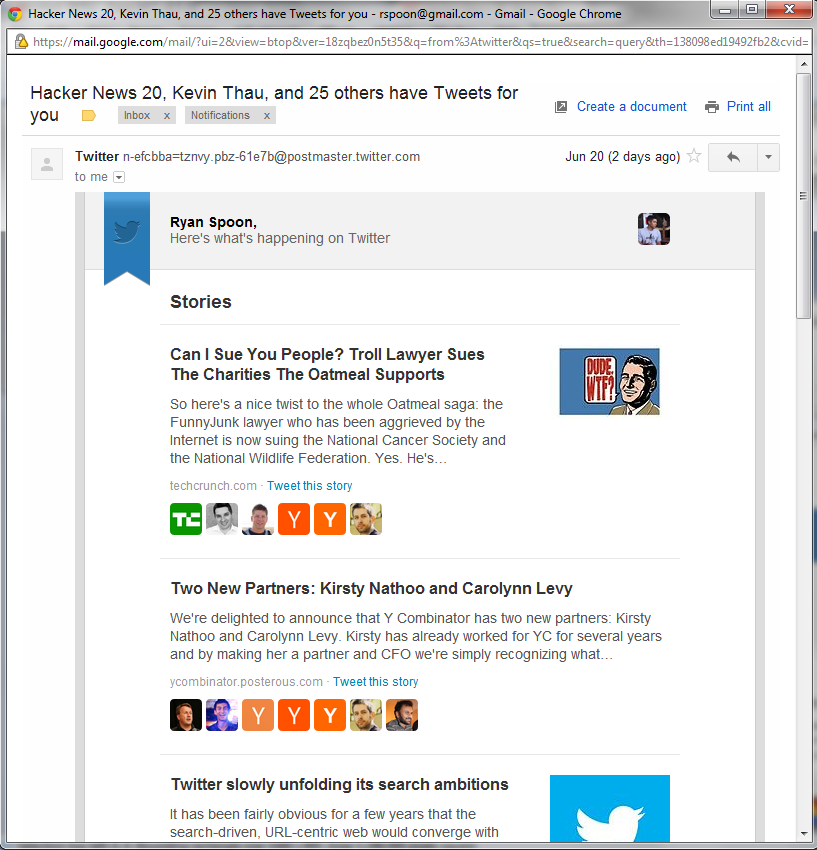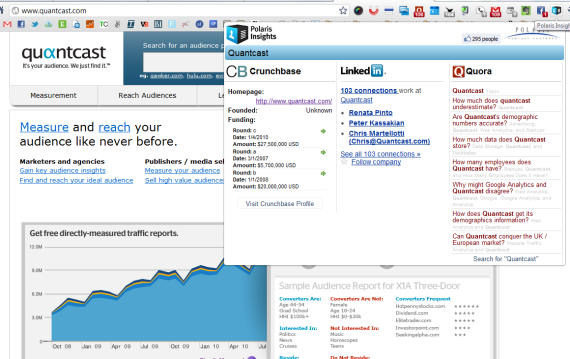It's election day. Go vote.And Facebook, Google, Quora and others are here to help how best they can. Three screenshots from those three companies because they have put together really great, on-brand and on-experience products to assist: 1. Facebook's social vote campaign. As only Facebook can do, encouraging voting in a social way.
2. Google's Election hub which is outstanding. Polling info. YouTube streams. Candidates information. It is really outstanding. As only Google can do, a robust search and content hub across Google's properties and the web.
3. Quora's election themed digest - as only Quora can do, delivering great Q&A relevant to the election.








